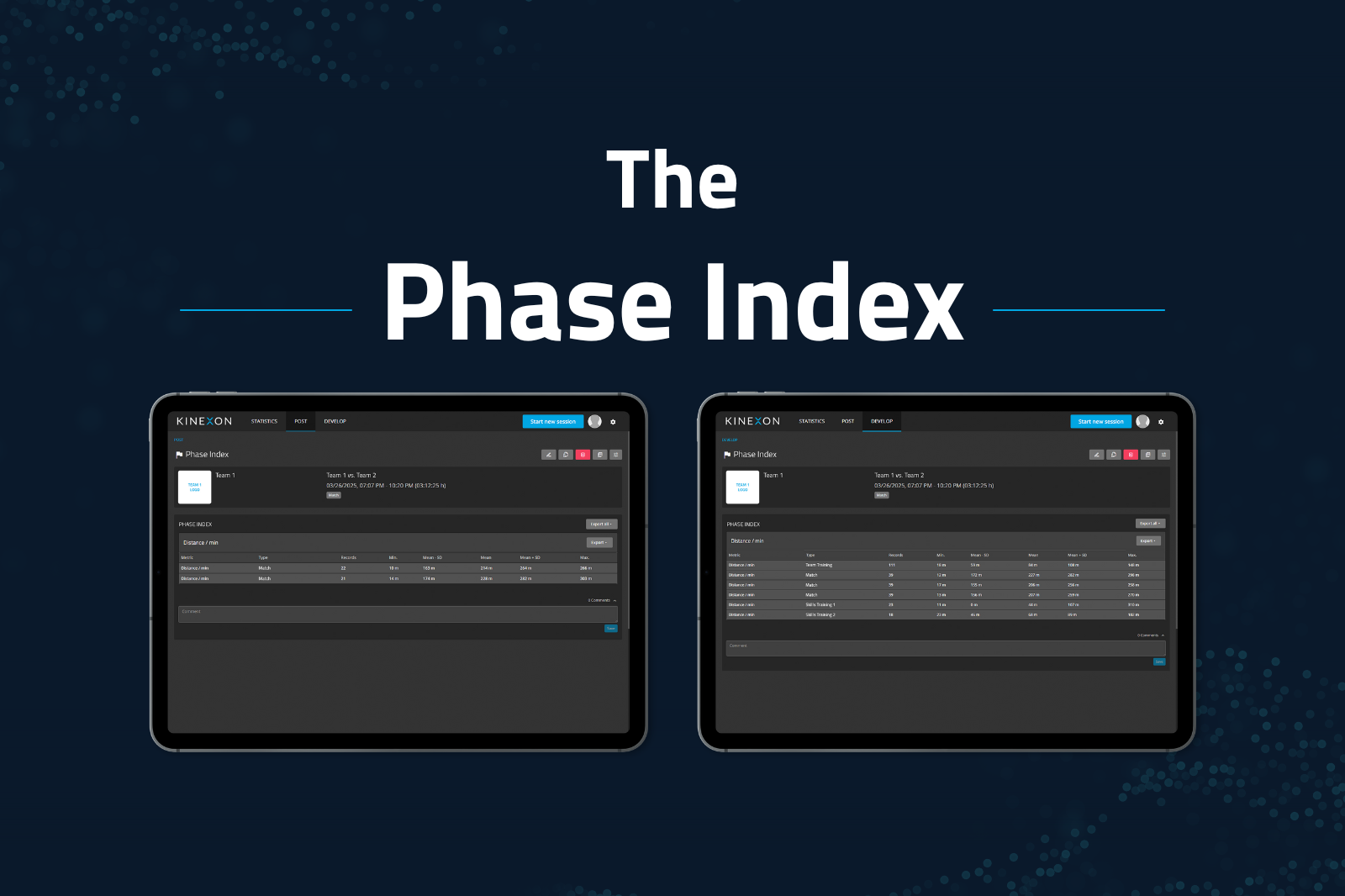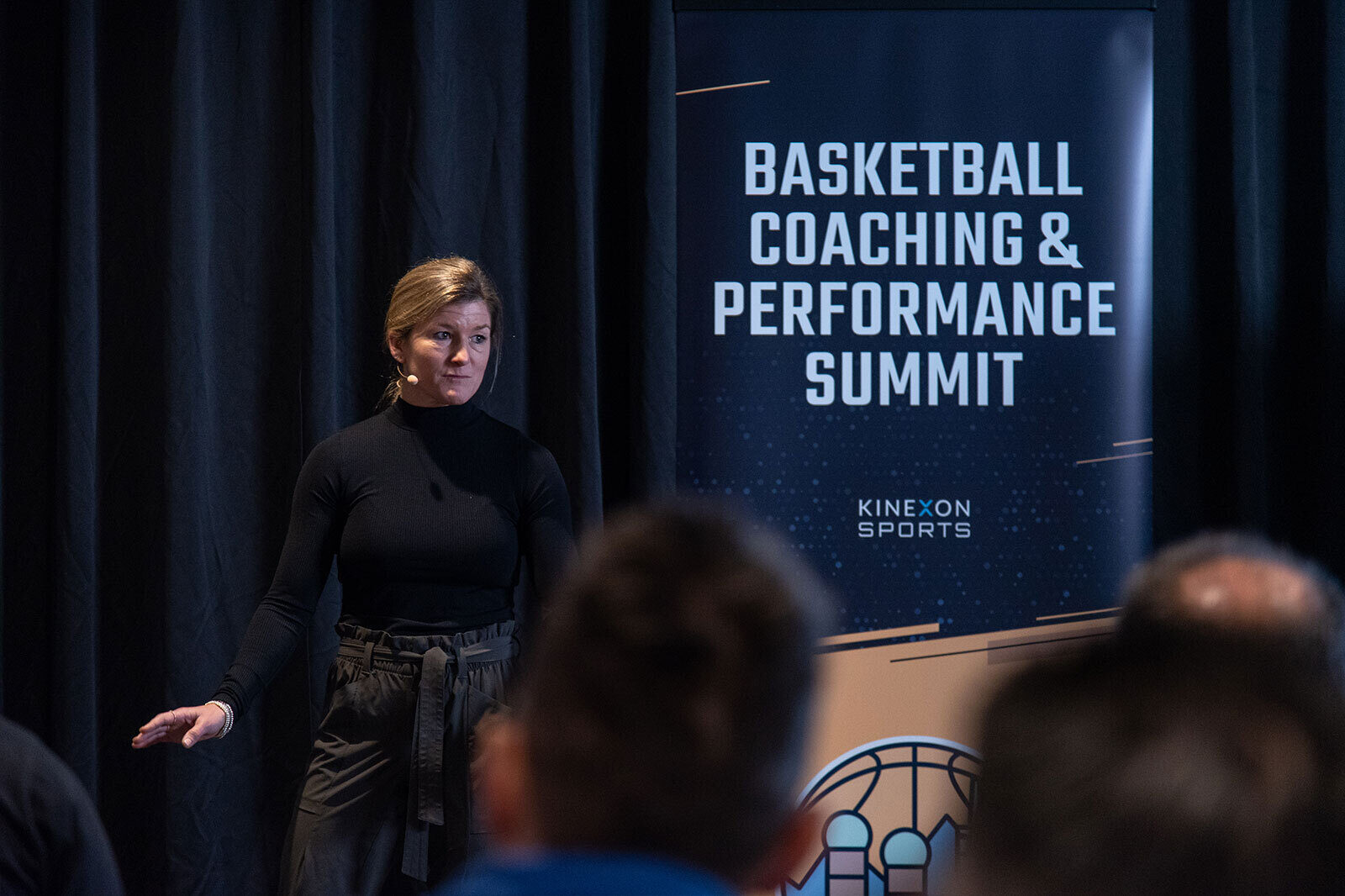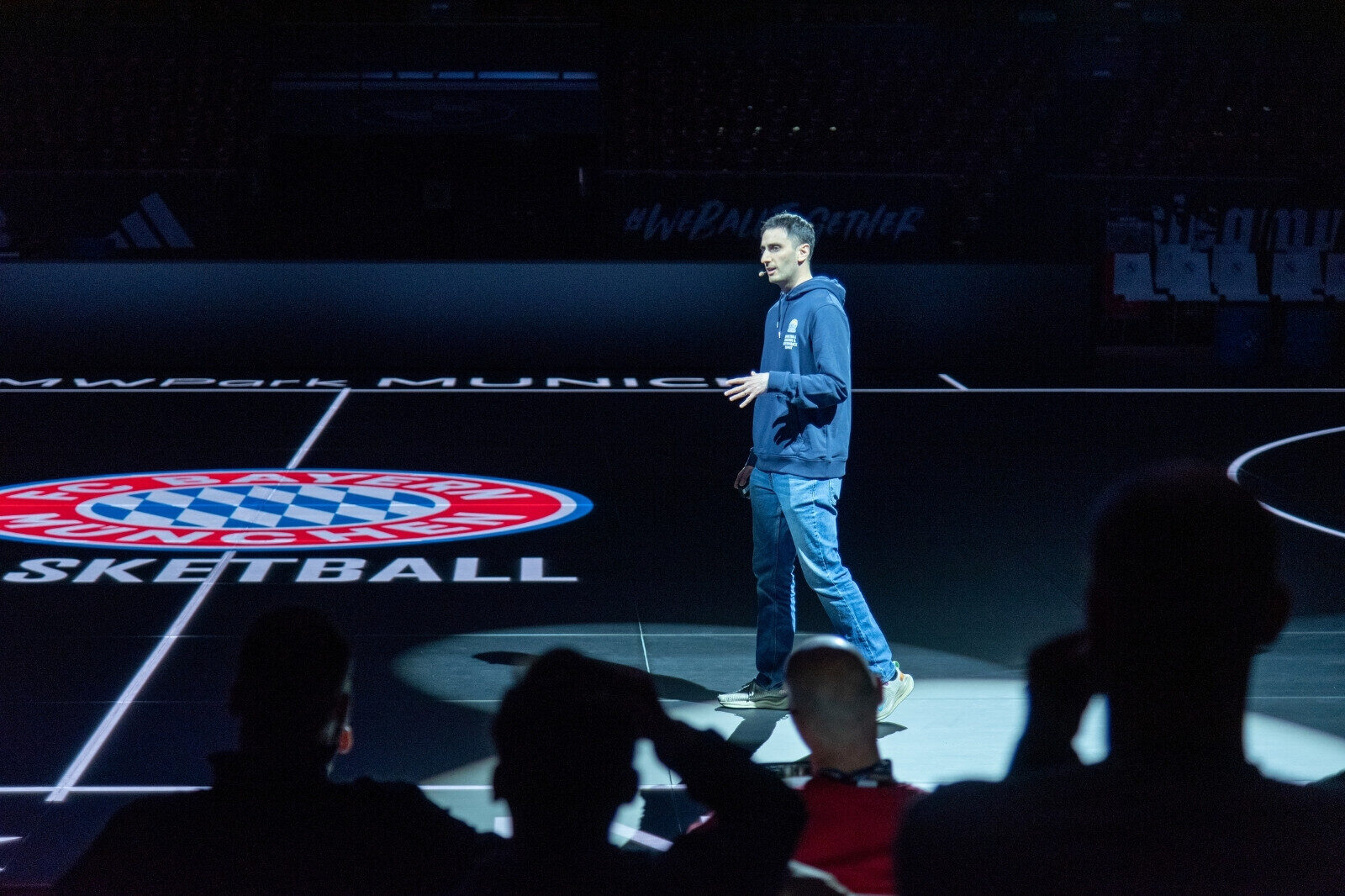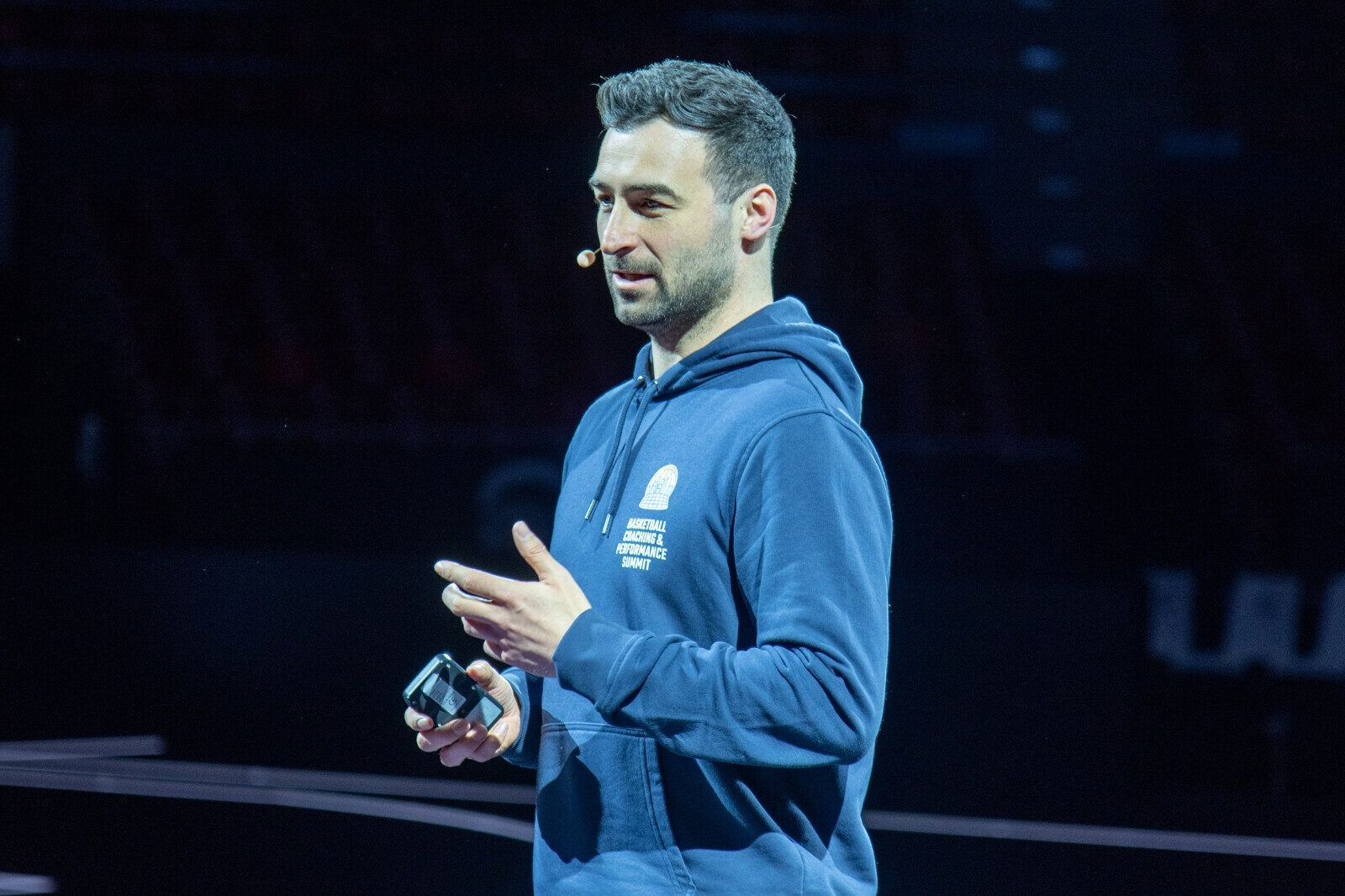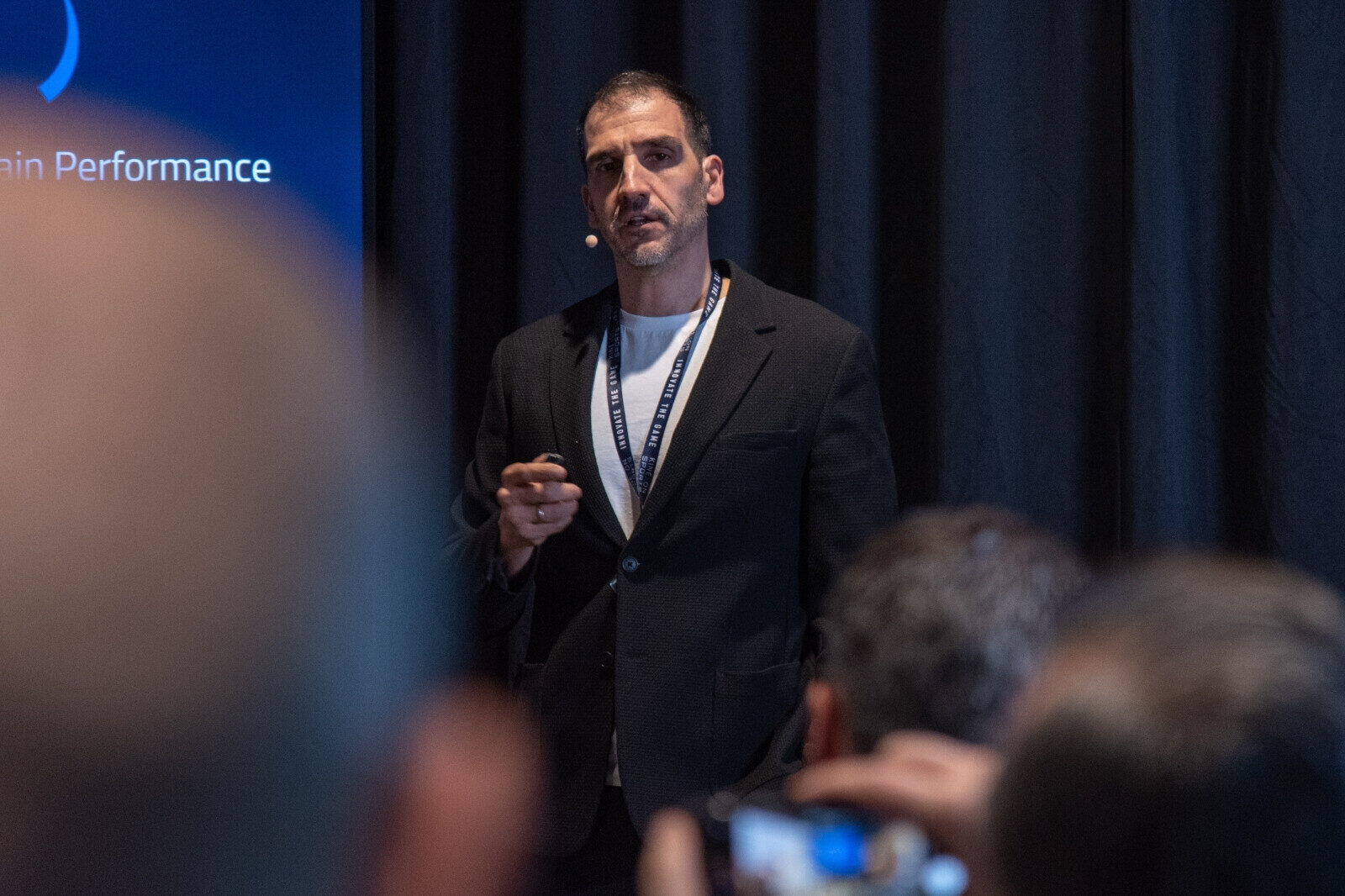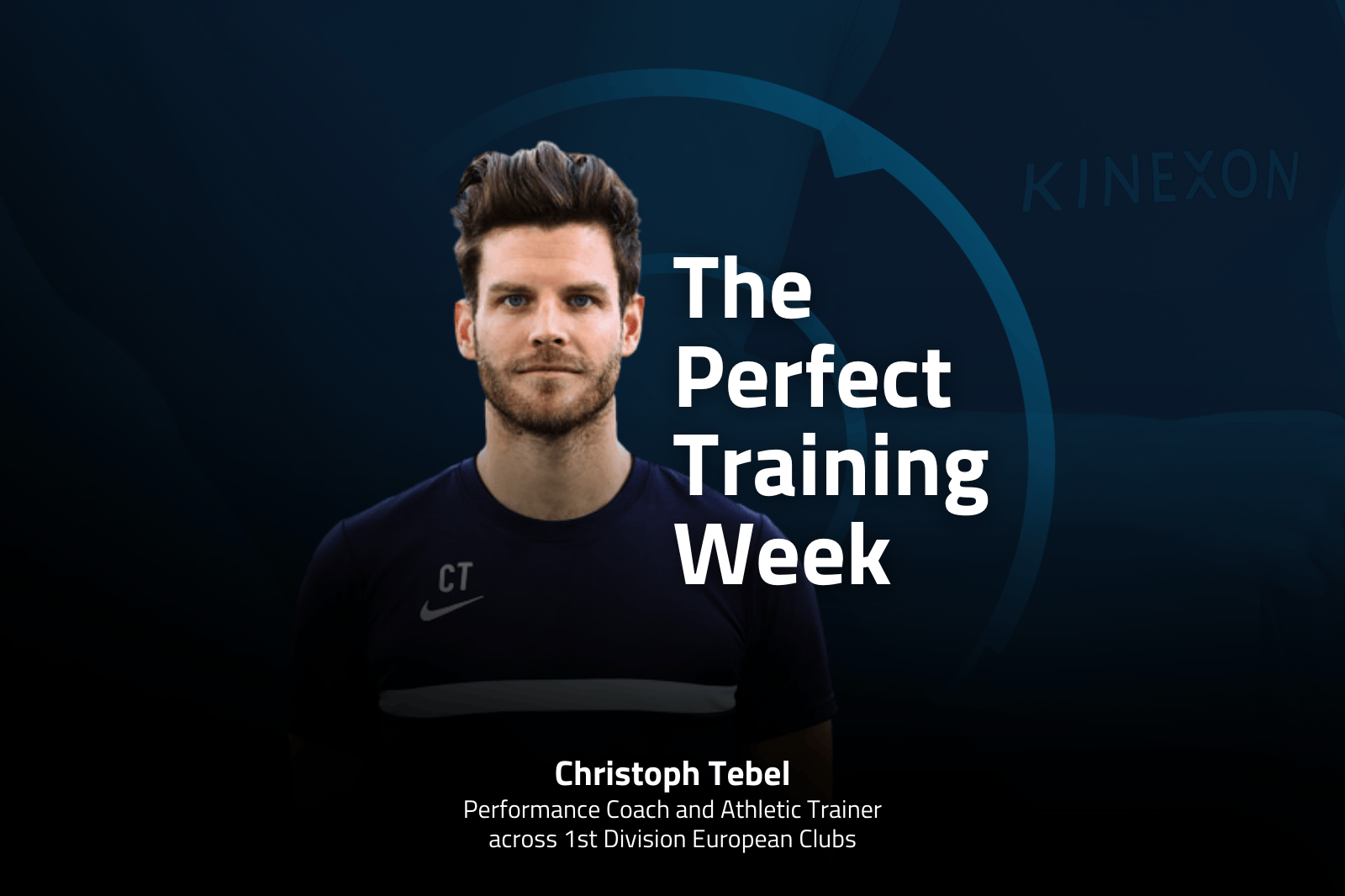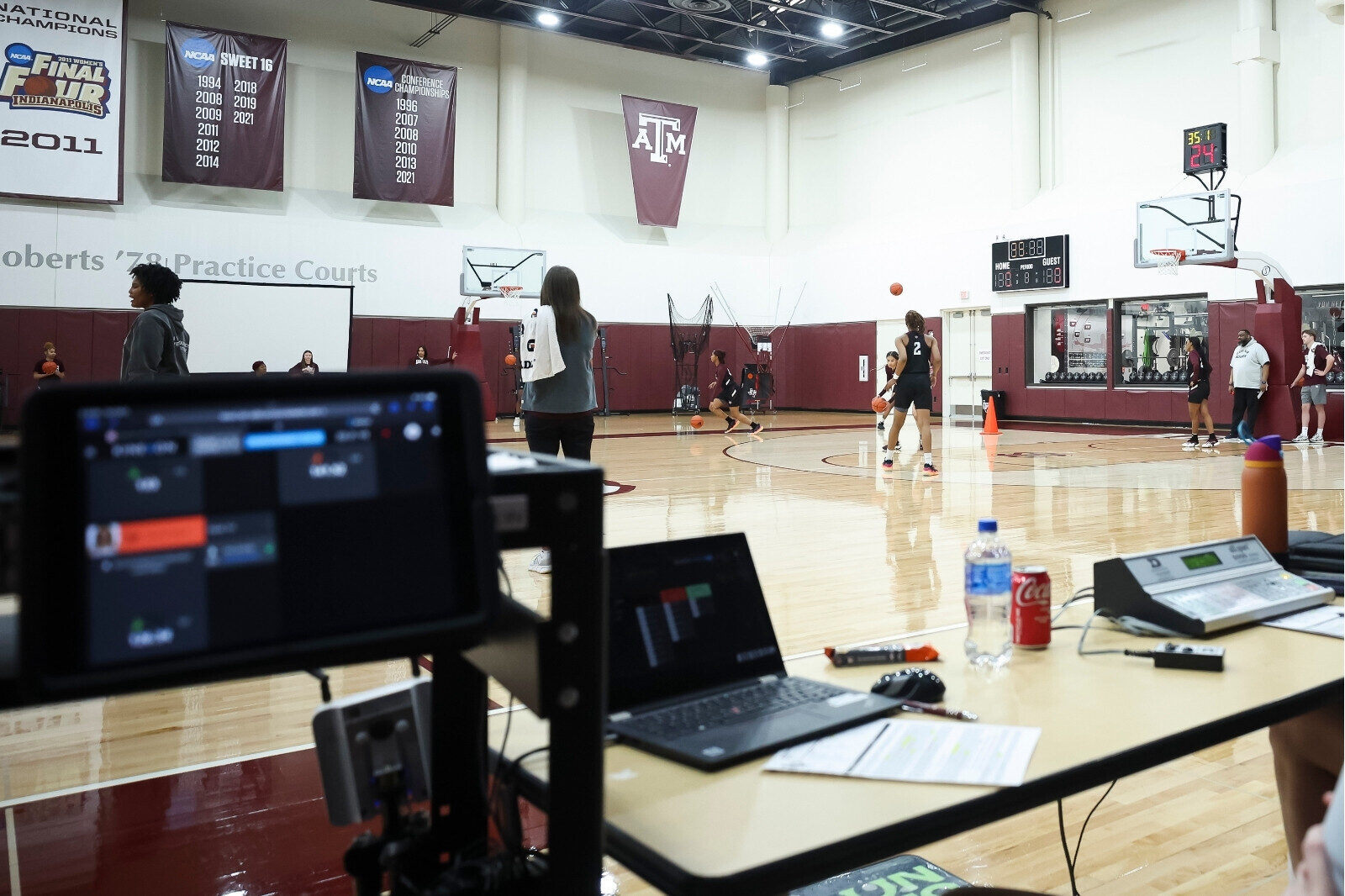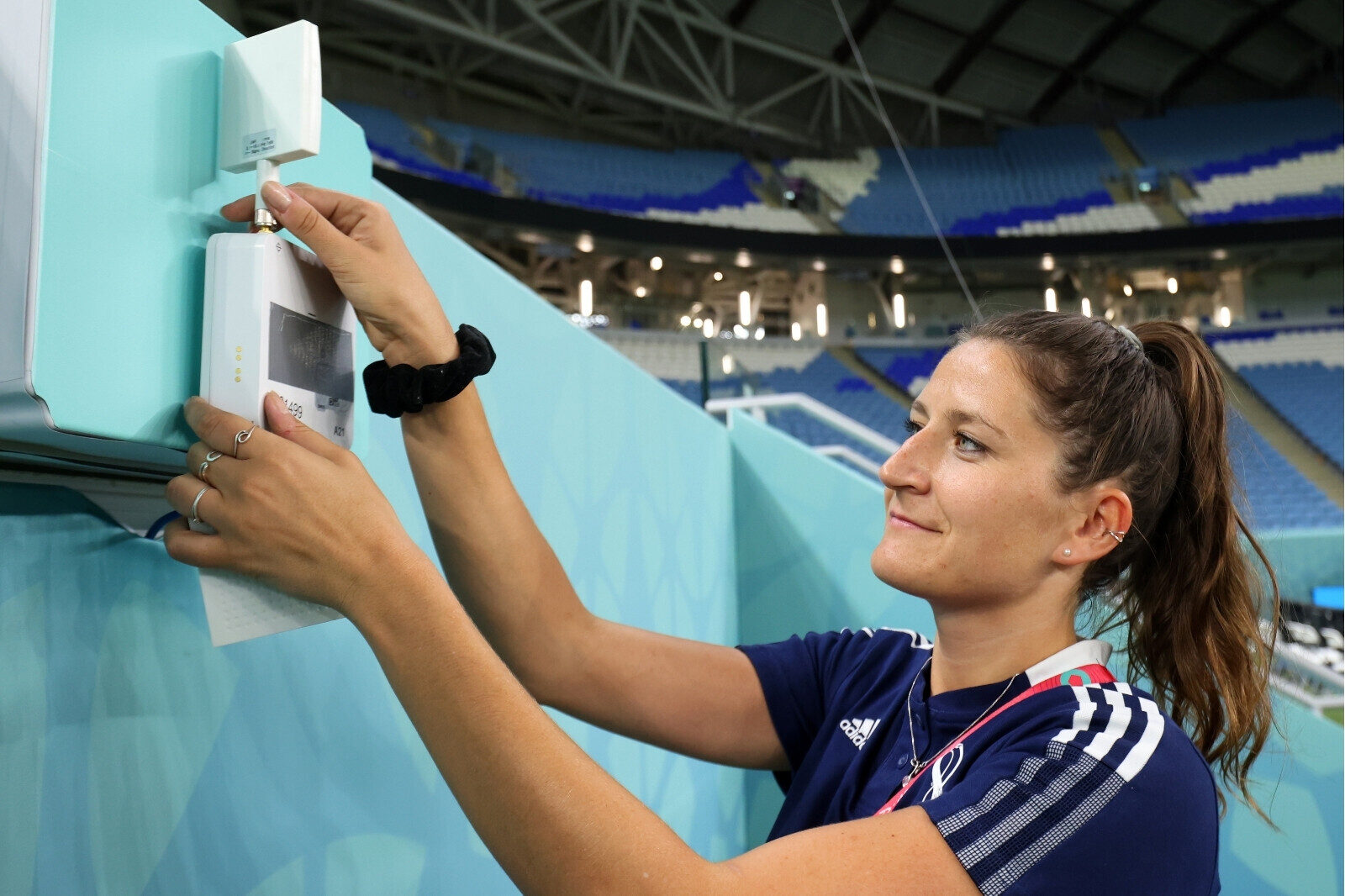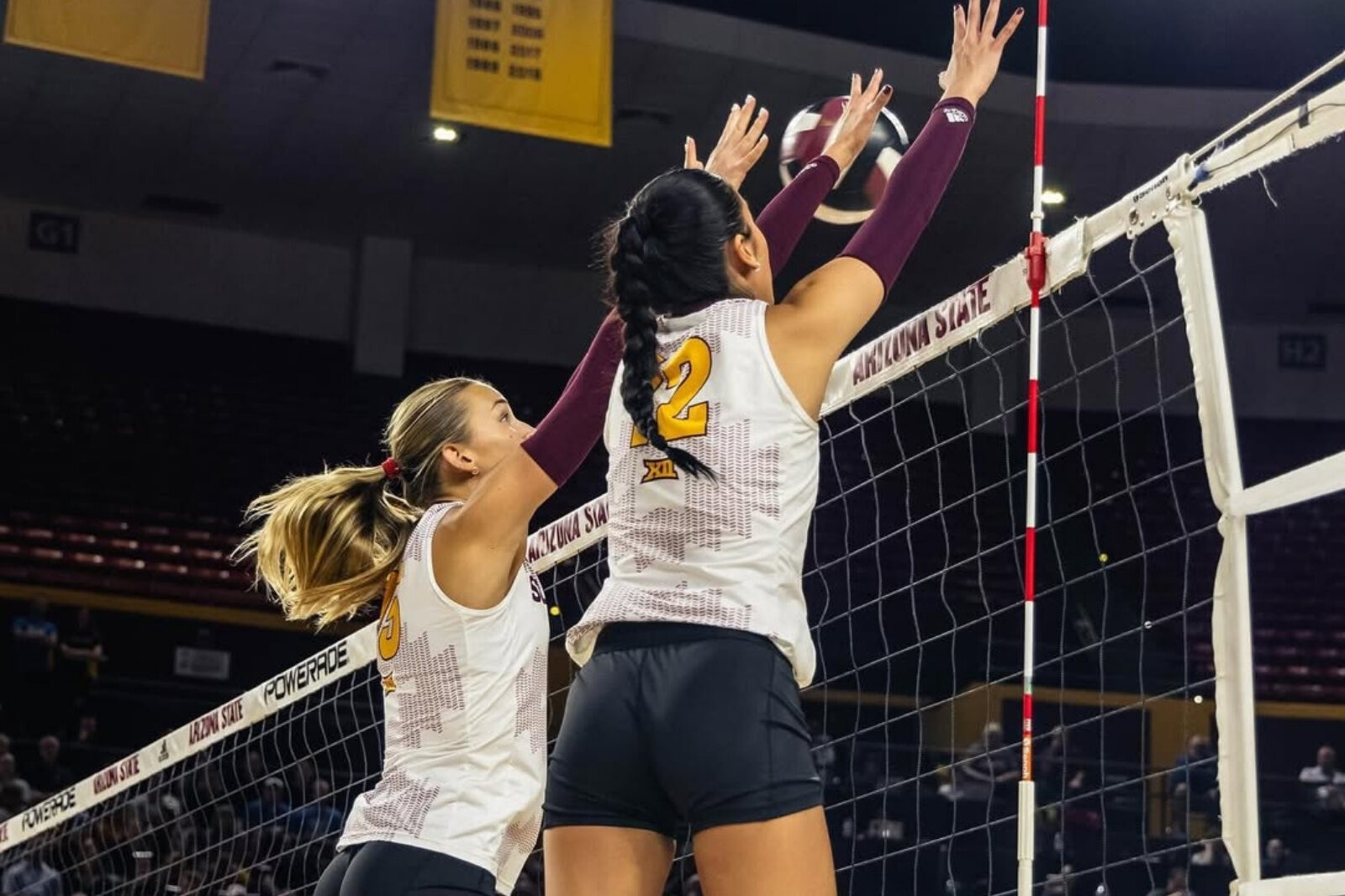Building a Culture of Data-Driven Performance at Benfica
In elite sport, the goal is not just to measure, but to measure with purpose. At Benfica, performance monitoring begins with a question. What do we want to know? What outcome are we trying to influence? Data collection, then, is a means to an end: informed decision-making that improves the physical readiness, longevity, and consistency of athletes across multiple disciplines.
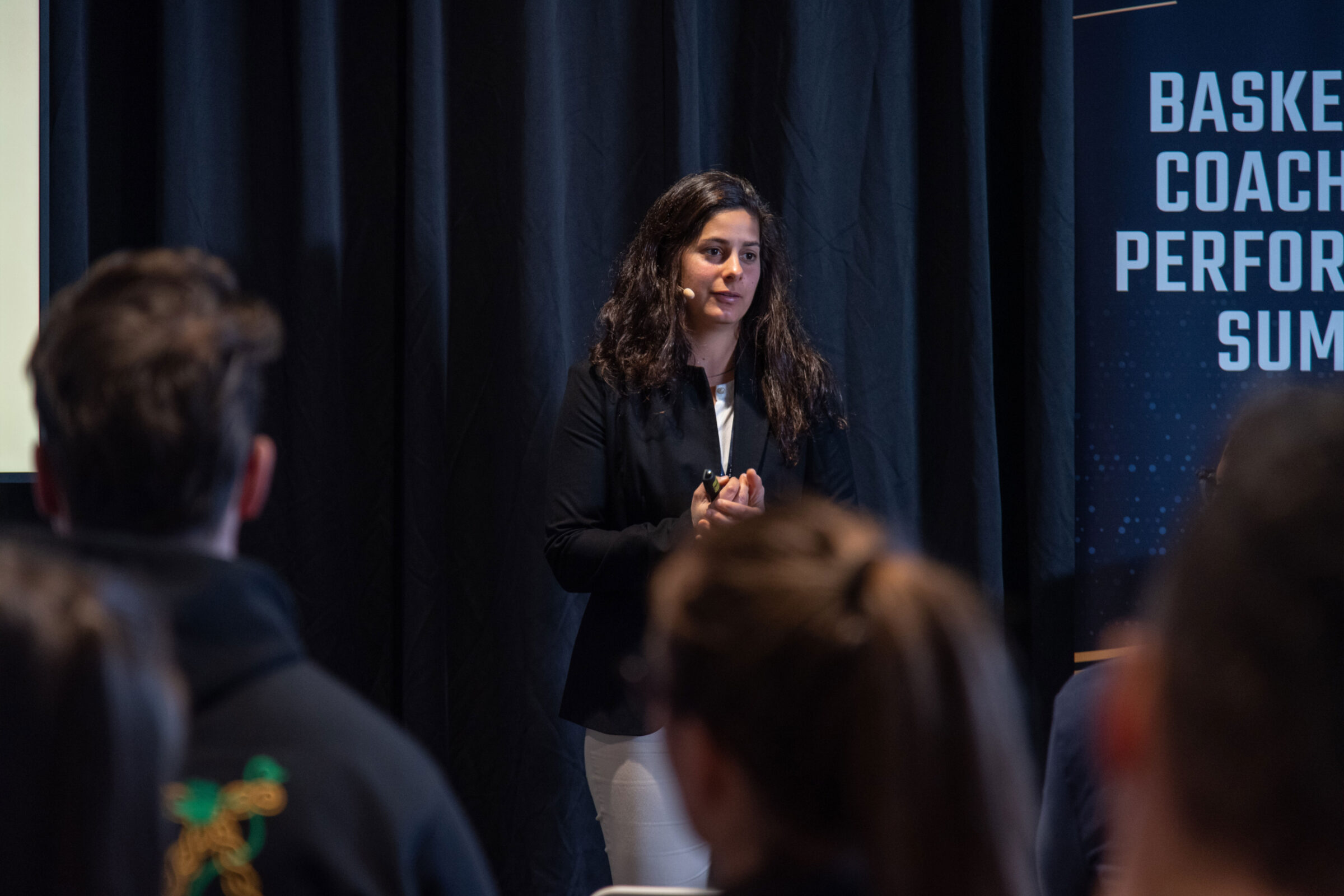
At the 1st Basketball & Performance Summit at BMW Park in Munich, Catarina from S.L. Benfica provided a comprehensive look into the club’s journey of implementing a performance monitoring system across five indoor sports. Focused primarily on basketball, her talk detailed the multi-disciplinary approach, continuous refinement of methodology, and practical frameworks that are helping Benfica translate data into smarter training and injury risk mitigation.
An Infrastructure for Integration
Benfica operates one of Europe’s most expansive multi-sport structures. With more than 40 sports scientists supporting athletes in basketball, handball, volleyball, futsal, and rink hockey — as well as football and Olympic sports — the need for shared methodologies and integrated processes is vital. Every team, regardless of sport or gender, benefits from dedicated support in sports science, medical, nutrition, and psychology.
A key success factor has been the collaboration between the Health & Performance Department and Benfica’s data analytics team. Sports scientists define the “what” and “why,” while data engineers handle aggregation and visualization. The result? Daily reports, weekly loads, and longitudinal summaries that are digestible and actionable.
From Setup to System
Catarina supported the implementation of KINEXONS’s Local Positioning System (LPS) in two indoor pavilions, outfitted with over 20 anchors each. The setup allowed for full in-house monitoring of training and home games across all five sports. The deployment followed a clear plan: learn from others, apply validated thresholds from literature, define relevant sport-specific metrics, and create standard operating procedures.
Within months, staff across sports were trained, reporting systems were live, and player tracking was integrated into weekly workflows. User manuals ensured consistency. From player jumps in volleyball to sprints in futsal, each sport now benefits from data tailored to its physical profile.
Asking the Right Questions
Central to Benfica’s performance culture is the idea that every project begins with a performance question. Whether exploring jump load, repeated high-intensity efforts, or microcycle variability, the team starts by defining what they want to influence — then works backward to collect the right data, analyze it meaningfully, and support decisions with clarity.
The methodology is circular: Question → Collect → Interpret → Decide → Refine. At each stage, the club emphasizes not just technical accuracy, but also the ease of communication between staff, coaches, and players.
Practical Tools, Clear Impact
With KINEXON data integrated via API into Benfica’s reporting system, performance staff can:
- Monitor and visualize weekly load trends per player or team
- Compare training stimuli to matchday loads
- Analyze exercises and microcycles across metrics and intensity
- Tailor thresholds based on sport and individual capacity
- Flag outliers and adjust in real-time
Reports are designed to be intuitive. Color-coded metrics, player-specific baselines, and side-by-side comparisons make it easier to engage coaches in one-minute updates rather than lengthy PDFs.
Athletes also get access to their data, fostering trust and curiosity. When they see how sprint volume or jump height affects recovery and workload, they engage more actively in planning.
Building Trust, Not Just Dashboards
Technology only delivers value when people understand it — and believe in it. Benfica’s emphasis on education, shared definitions, and transparency builds buy-in. Staff turnover or player transitions are supported by consistent onboarding and manuals.
And most importantly, athletes have a voice. Whether questioning thresholds or choosing when to wear a sensor, they are invited into the process. As Catarina noted, autonomy leads to engagement, which in turn fuels better compliance and performance.
Key Principles for Lasting Impact
Catarina closed with key lessons for any organization embarking on a similar journey:
- Start with context: Know the sport, environment, and constraints.
- Define your questions first: Data without purpose leads nowhere.
- Prioritize rollout: Don’t build everything at once. Daily → Weekly → Longitudinal.
- Ensure quality: From setup to staff training, standardization matters.
- Keep listening: Coaches, players, and stakeholders are all end users.
Performance is never static. But with a strong foundation, shared purpose, and willingness to iterate, Benfica is building a system where data truly empowers better outcomes on and off the court.
Watch the full presentation and talk by Catarina here.

